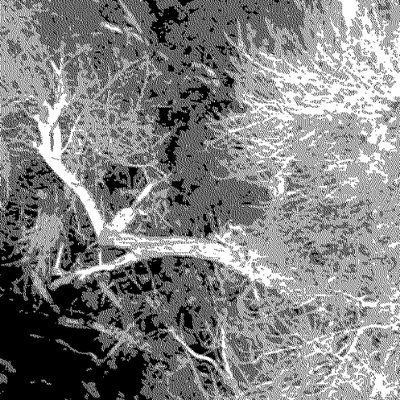Comments
-
Are there any thoughts on occultism and intuitionalismI have a bit of an interest in the occult scene and its teachings. Listening/reading for less than a year. Some things that have surprised me (at least a little) as I've gone along: maybe some occultists are into power, but the people I heard were more into balance. Very responsible, worried people. (Maybe that's just Jason Louv.) A kind of 0, 1, infinity: atheism, monotheism (Abrahamic), many Gods / pantheism / nature (Chinese, Hindu, Buddhist, animist, western esoteric, etc.) Prevalent enmity toward atheism and monotheism. Nietzsche said he was the anti-Christ and I think Crowley may have been going for something similar. Both of them aren't as far from Christianity as it is now (Nietzsche might be against SJWs like some conservative Christians are, and Crowley and some progressive Christians would both be against conservative Christianity). (Nietzsche and Crowley are as other-than-Christ as they always were, regardless of shifts in Christianity.) "Do as thou wilt" sounds Nietzschean but then it turns out it really means "do your loving destiny". But then again, Nietzsche said "what is done out of love is beyond good and evil" which sounds simultaneously Pauline and Crowleian to me. I guess everyone just wants to worship love.
Currently reading Lachman's The Secret Teachers of the Western World. -
Wrong Helping ApproachesI like to think that "to exist is to trust". If you find something good to trust, you can grow. If your need to trust is fulfilled by trustworthy things, then you don't have to trust untrustworthy things. The need to trust other people can be, "so and so can fix my car" or "so and so fills my emotional needs". If you can find some way to get away from "so and so" (fix your own car, find a new mechanic; or a new way to fill the needs), then that's your way out. Rely on yourself, find a new friend.
But people aren't solely machines for trusting. When we're oriented toward trust, we're concerned with our own well-being. But reality is something outside ourselves, and when we can focus on that, we get outside of our own neediness, the very thing which got us to seek things to trust. (I think getting beyond trust orientation is a certain kind of trust, perhaps the most complete.)
This all to back up your point about looking for strength in something other than yourself.
James Banks

Start FollowingSend a Message
- Other sites we like
- Social media
- Terms of Service
- Sign In
- Created with PlushForums
- © 2026 The Philosophy Forum